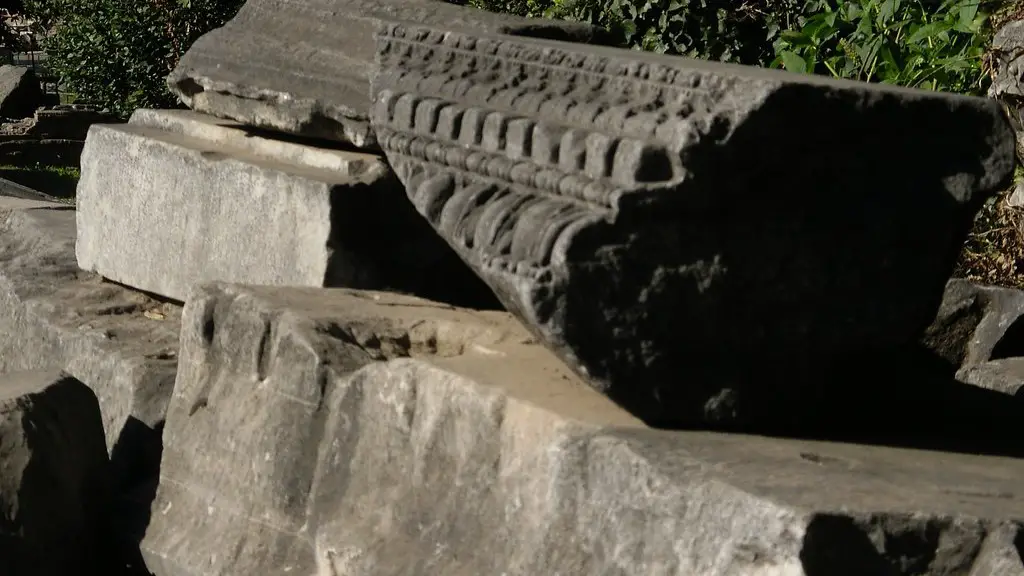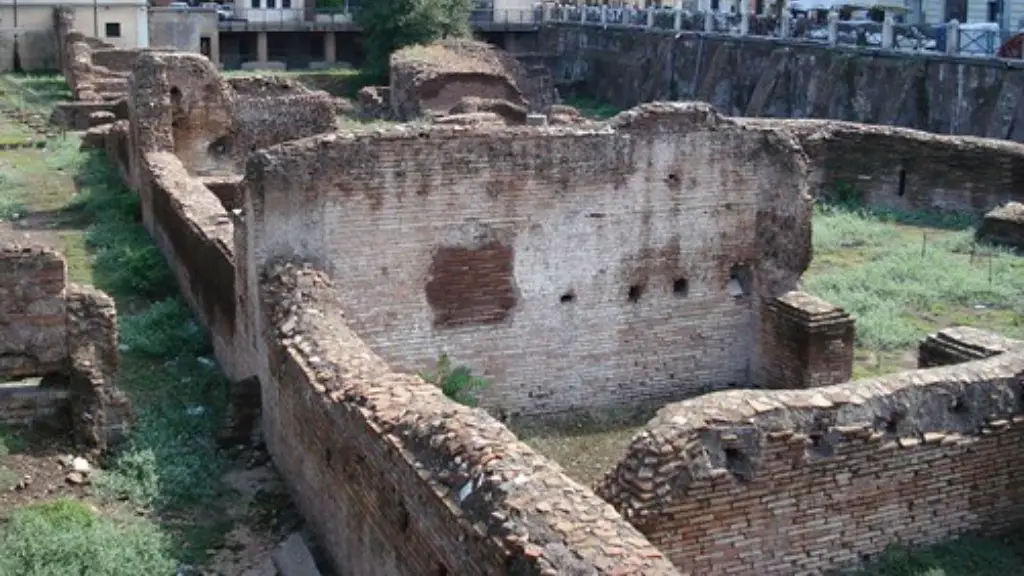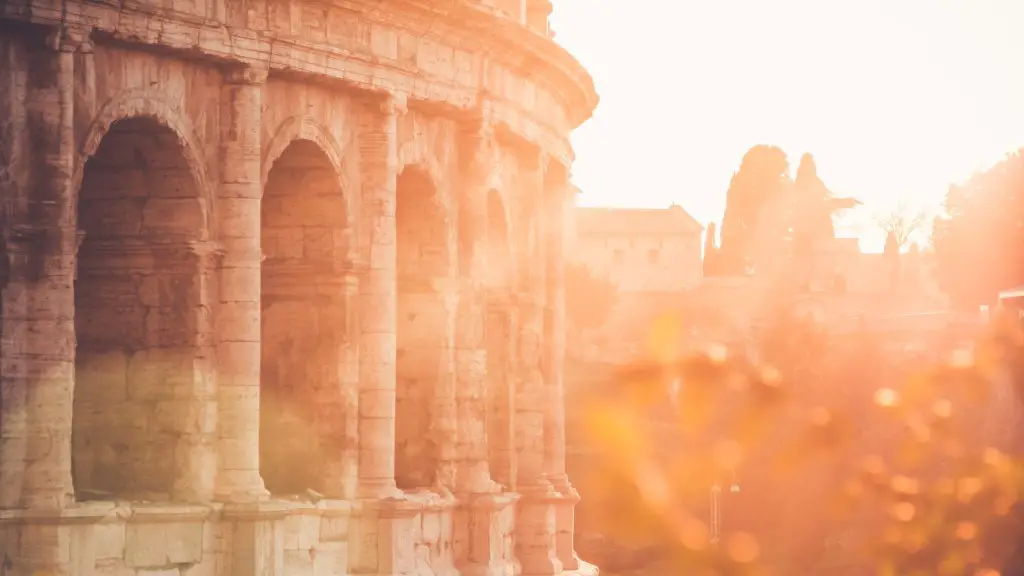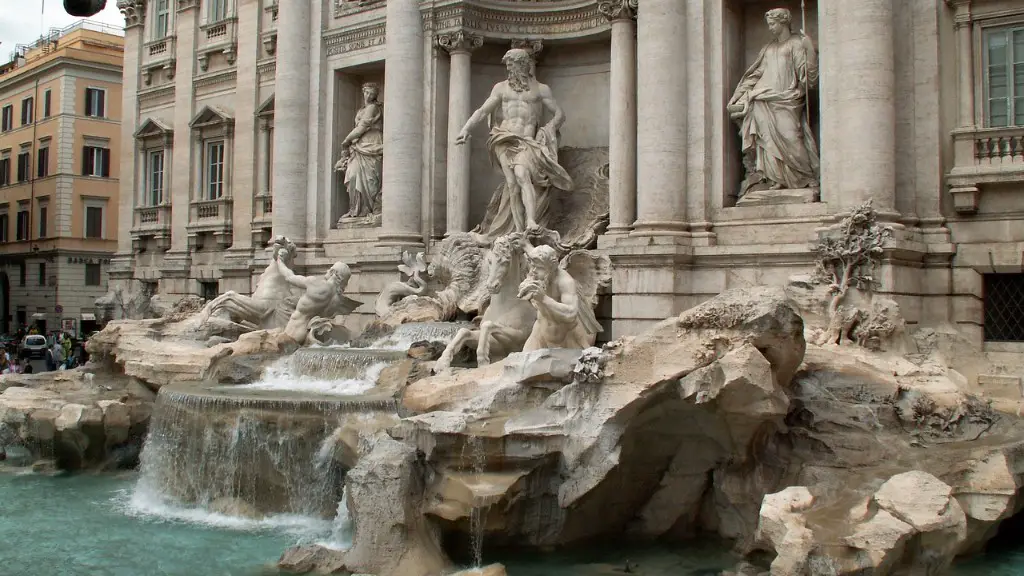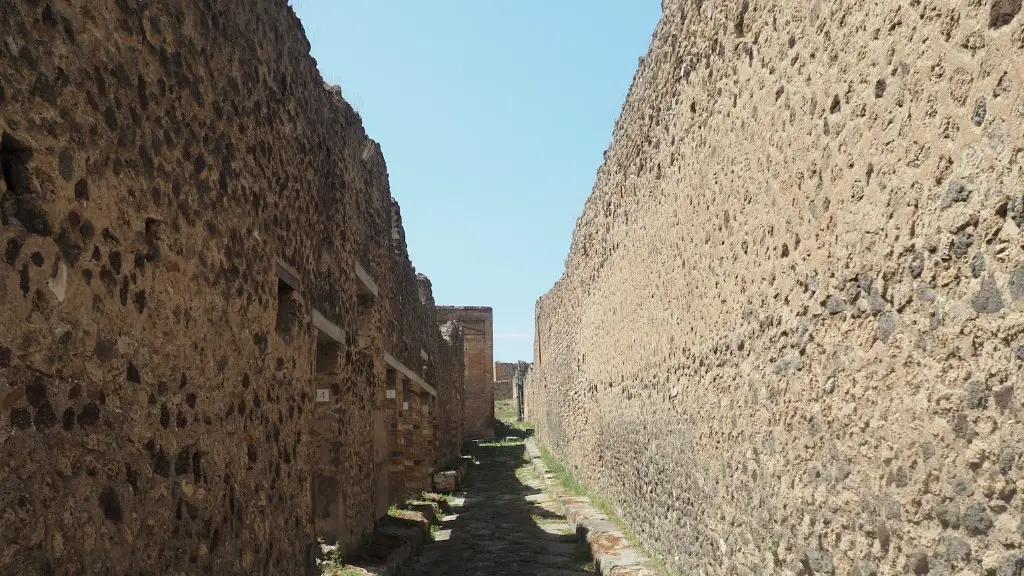During the Roman Empire, Freedmen or Liberti were freed slaves whose status of freedom was officially recognized by the Roman government. They were not completely free, however, as they were still subject to certain limitations. They could not own land or hold public office, and they had limited legal rights. In a sense, they were more like indentured servants than slaves; they could work, save money, and eventually buy their freedom. In exchange for these rights, freedmen were required to pay taxes, serve in the military, and provide services to the Roman state.
Freedmen played an important role in the Roman Empire. They provided the Roman economy with much-needed skilled labour and increased the population. This allowed the Roman state to produce more goods and ultimately expand their territories. It also meant that the freedmen became more valuable to their masters and the Roman state, as they could become citizens and even participate in politics.
Freedmen were also important in Roman society because they served as intermediaries between the slave and free classes. Freedmen were not hostile to the slave population, as they had experienced slavery themselves and often tried to help other slaves gain their freedom. Consequently, the freedmen were seen as important links between the two classes and were respected by both.
The status of the freedmen was not always respected, however. Roman society was highly stratified and traditional slaves or plebeians could not easily rise to the same level as upper-class patricians. Freedmen often encountered discrimination and even oppression from the Roman state and other members of society. While some managed to rise to the same level as patricians, a great many remained in a kind of limbo, unable to move up in society or secure a better life for themselves.
There is evidence that some freedmen went on to become wealthy and influential in the Roman Empire. They were often able to purchase their own land, businesses, and even slaves of their own. Freedmen in ancient Rome thus served as an important reminder that hard work and determination could lead to success even in a highly stratified society.
Education of Freedmen
Although many of the freedmen would never rise to the same level as the wealthy patricians, they were still able to receive an education. Schools were set up throughout the Roman Empire to teach the freedmen basic skills such as reading, writing, and mathematics. This was important as it provided them with the opportunity to expand their knowledge and improve their prospects for the future.
It was in these schools that the freedmen often learned about the history and culture of the Roman Empire. This knowledge allowed them to participate in Roman society in a more meaningful way and even hold positions in the government. It also helped them to understand and work within the existing social structures which were dictated by the Roman state.
Religion of Freedmen
Religion was also a critical aspect of the freedom of the freedmen. Throughout the Roman Empire, the worship of the gods and goddesses was an important part of life and was viewed as a source of strength and comfort. The Roman state recognized this importance and, as a result, was tolerant of religious diversity among the freedmen. This tolerance allowed the slaves to practice their own beliefs and worship their own deities without fear of reproach from their masters or the Roman government.
The religion of freedmen in ancient Rome was a diverse one. The freedmen participated in the same religious rites as the Roman citizens and developed their own pantheon of gods and goddesses, as well as other spiritual traditions. This was an important part of their identity and allowed them to hold on to their traditions as they attempted to forge a new life for themselves.
Legacy of Freedmen
The legacy of the freedmen in ancient Rome has been a lasting one. Although they were often limited by their social standing, they nevertheless managed to make a significant contribution to the Roman Empire and the development of Western society. Their hard work and determination has served as an example of what is possible despite the adversity of being a slave in a highly stratified society.
The legacy of the freedmen also continues to be seen in modern society. The struggles of the freedmen serve as a reminder of the importance of recognizing the rights of those who have been historically oppressed and striving to ensure that all have access to the same opportunities regardless of their social status.
Freedwomen in Ancient Rome
Freedwomen in ancient Rome were a slightly different story. As with their male counterparts, freedwomen were not entirely free and still faced some restrictions on their rights. For example, they could not own property or hold public office, and their legal rights were limited. In addition, freedwomen were also expected to be subservient to their former male masters.
Nevertheless, freedwomen were able to lead a more independent life than during their time as slaves. They were able to seek out employment opportunities, save money, and eventually purchase their own freedom. Freedwomen were also permitted to take part in religious practices and rituals, something that was forbidden to slaves. This allowed them to build a sense of identity and community with other freedwomen in the Roman Empire.
Rights of Freedmen
Freedmen in ancient Rome were not completely free, but they did have certain rights and privileges that they were granted. These rights included the right to own property, engage in trade and commerce, and practice their own religious beliefs without fear of persecution. They were also allowed to become citizens of the Roman Empire and participate in politics. These rights provided freedmen with a sense of security and allowed them to build a more meaningful life for themselves.
The rights of the freedmen were not always respected, however. There were still limitations on their rights and privileges, and many freedmen faced discrimination and even oppression from the Roman state and other members of society. Still, the fact that the freedmen were able to enjoy these rights at all was an important step toward greater freedom and autonomy.
Conclusion
The legacy of the freedmen in ancient Rome remains an important one. Despite their social standing, the freedmen were able to make a significant contribution to the Roman Empire and to the development of Western society. Their struggles serve as a reminder of the importance of recognizing the rights of those who have been historically oppressed and striving to ensure that all have access to the same opportunities regardless of their social status.
